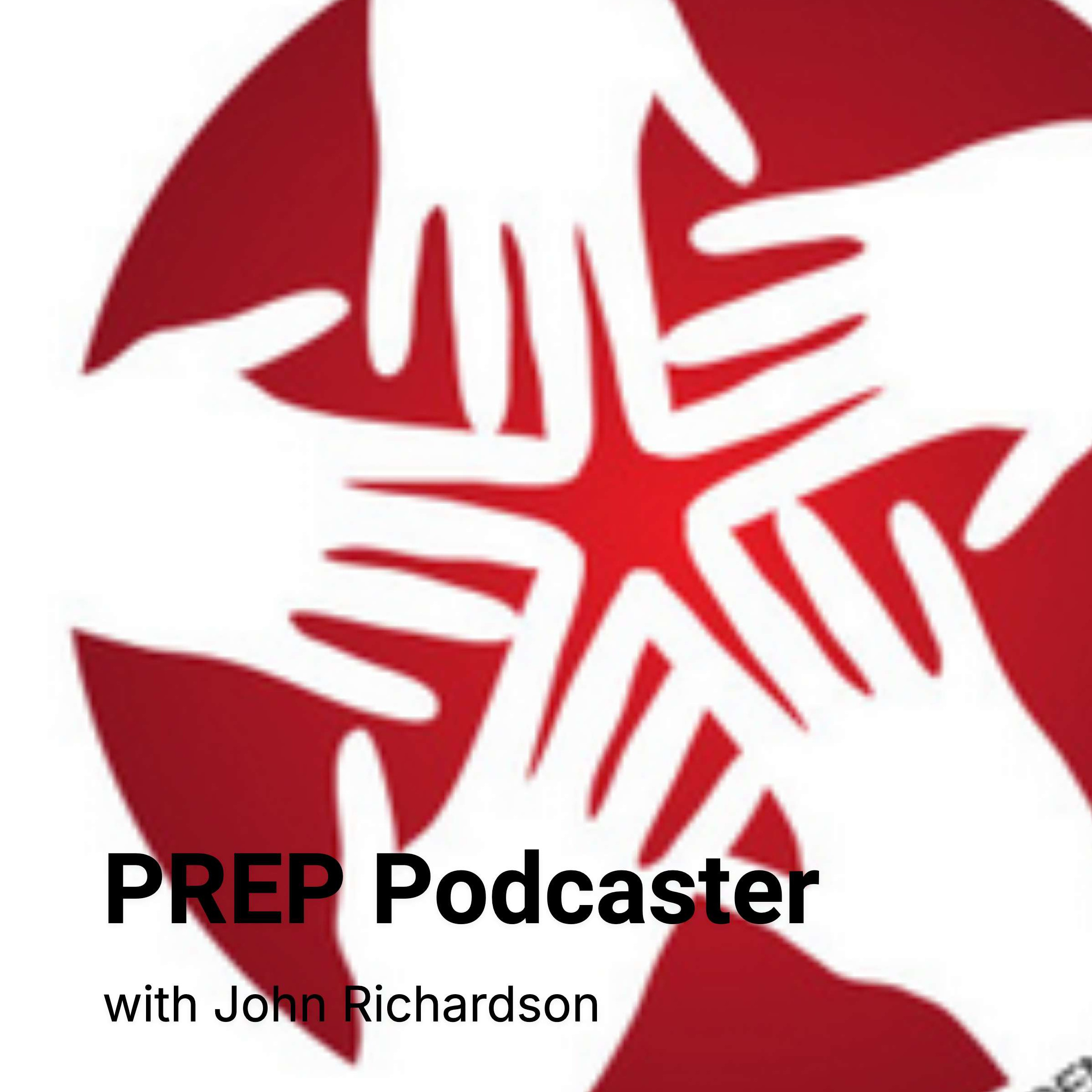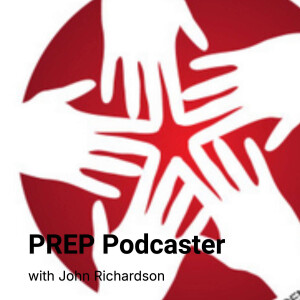
21.9K
Downloads
303
Episodes
Discussion about current events, culture, independent candidates, business, education, travel, death and taxes, global mobility, citizenship and residence by investment options, Americans abroad, FATCA, CRS, U.S. citizenship renunciation, Green Card abandonment, citizenship taxation, PFIC, GILTI, foreign trusts, I-407 and more ...
Episodes

Saturday Feb 18, 2023
Saturday Feb 18, 2023
February 18, 2023 - Participants Include:
Tim Smyth - @Tpsmyth01
John Richardson - @Expatriationlaw
Suggesting A Joint Rally Of U.S. And Canadian Residents Who Oppose All Forms Of Citizenship Taxation
When - The Date of President Biden's visit to Canada
Where - Outside the Parliament Building
For More information stay tuned!
_______________________________________________________
What is Canada's Underused Citizenship-based Property Tax?
Canadian Government Summary Of Canada’s Underused Housing Tax Law:
https://www.canada.ca/en/services/taxes/excise-taxes-duties-and-levies/underused-housing-tax.html
The Text Of Canada’s Underused Housing Tax Law:
https://laws-lois.justice.gc.ca/eng/acts/U-0.5/FullText.html
The Actual Tax Return – Form UHT-2900 – Due April 30
uht-2900-22e
Thoughts On Canada's Citizenship-based Underused Property Tax
Interestingly Canada’s Underused Property Tax, by its express terms applies based on “citizenship” and/or “immigration status”. Specifically, it applies to people who are neither citizens nor permanent residents of Canada. In the same way that the United States imposes taxes on people based on and only on the status of being a U.S. citizen or permanent resident of the United States (Green Card holder), Canada’s Underused Vacant Property Tax is based on NOT being a citizen or permanent resident of Canada. Significantly, certain provincial human rights codes (presumptively) prohibit discrimination based on citizenship. The first case decided by the Supreme Court of Canada (Andrews) interpreting S.15 of Canada’s Charter of Rights struck down a British Columbia statute requiring Canadian citizenship to practise law in British Columbia. In 1974 – In Re Griffiths – the U.S. Supreme Court struck down a similar Connecticut provision requiring U.S. citizenship to be admitted to the bar in Connecticut. In the United States, classifications based on citizenship/alienage are “suspect classifications” and presumptively unconstitutional. Canada’s laws and judicial decisions are generally hostile to classifications based on citizenship.
Enter Congressman Brian Higgins - Objecting To Canada's Citizenship-based Property Tax
Congressman Higgins represents voters in Upstate New York. Apparently a number of his constituents own property in Canada. Interestingly, the Congressman has NOT voiced any objections to Toronto’s vacant home tax. His objections are aimed at Canada’s Underused Property Tax. He frames his objection in various ways. His objection appears to be based principally on the fact that the Canadian tax targets individuals who are neither Canadian citizens nor permanent residents of Canada. As reported by American Expat Finance, he began registering his objection to the Canadian tax at least as early as 2021. U.S. citizens subject to the tax are required to file the return and pay the tax (1% of the value of the property) by April 30, 2023. As a result, the Congressman’s objections have in recent days become more public and more urgent. On February 15, 2023 he issued a press release which included:
Congressman Says New Tax is Both Offensive & a Violation of Binational Agreements
Congressman Brian Higgins (NY-26) is calling on the Biden Administration to address Canada’s Underused Housing Tax in upcoming discussions with the Government of Canada. The new 1% tax on “vacant or underused housing” owned by non-resident, non-Canadians is hitting Americans, many of whom have contributed to Canada’s economy and owned cottages in Canada and for generations, especially hard.
In a letter to U.S. Secretary of State Antony Blinken, Rep. Higgins writes, “At a time when encouraging cross-border travel and economic activity should be prioritized as both countries recover from the COVID-19 pandemic, this is an unnecessary burden and bad faith action by the Government of Canada, which violates the United States-Mexico-Canada Agreement (USMCA) as well as longstanding tax treaties. In your upcoming conversations with the Government of Canada, I request that objecting to this tax is a high priority.”
Rep. Higgins has heard from over 200 U.S. residents upset about the new tax, including over 165 who completed an online survey and dozens more who called and wrote to his office. Of the survey respondents, over 80% live in Western New York, about 10% live in Florida and others live across the U.S. including the states of South Carolina, Ohio, Virginia, Georgia, Pennsylvania, California, and Colorado. The majority own property in Fort Erie, Crystal Beach, Port Colborne, and Ridgeway in the province of Ontario. Many have been property owners in Canada for decades, with 42% of respondents having property in Canada for between 20 and 49 years, and 28% having their Canadian property for over 50 years.
In addition to the cost associated with the tax, many have expressed to Congressman Higgins frustration with the lack of information, clarity, and notification of the tax by the Government of Canada. The tax forms are due in Canada April 30th, but owners must first file to receive a tax identifier number. Failure to pay the tax comes with a minimum penalty of $5,000.
Higgins has objected to the Underused Housing Tax since it was first proposed in the Government of Canada’s Budget 2021, voicing opposition with the United States Trade Representative, the U.S. Department of the Treasury, and Canada’s Ambassador to the United States.
President Biden has announced plans to visit Canada for meetings with Prime Minister Trudeau and their Administrations in March.
Congressman Higgins serves on the House of Representatives Ways and Means Committee, which oversees U.S. Tax policy, and the Ways and Means Subcommittee on Trade, which has oversight of trade agreements like the USMCA. Higgins’ Western New York district, which includes the cities of Buffalo and Niagara Falls, borders southern Ontario. Higgins is co-chair of the Canada-U.S. Interparliamentary Group and the Northern Border Caucus.

No comments yet. Be the first to say something!